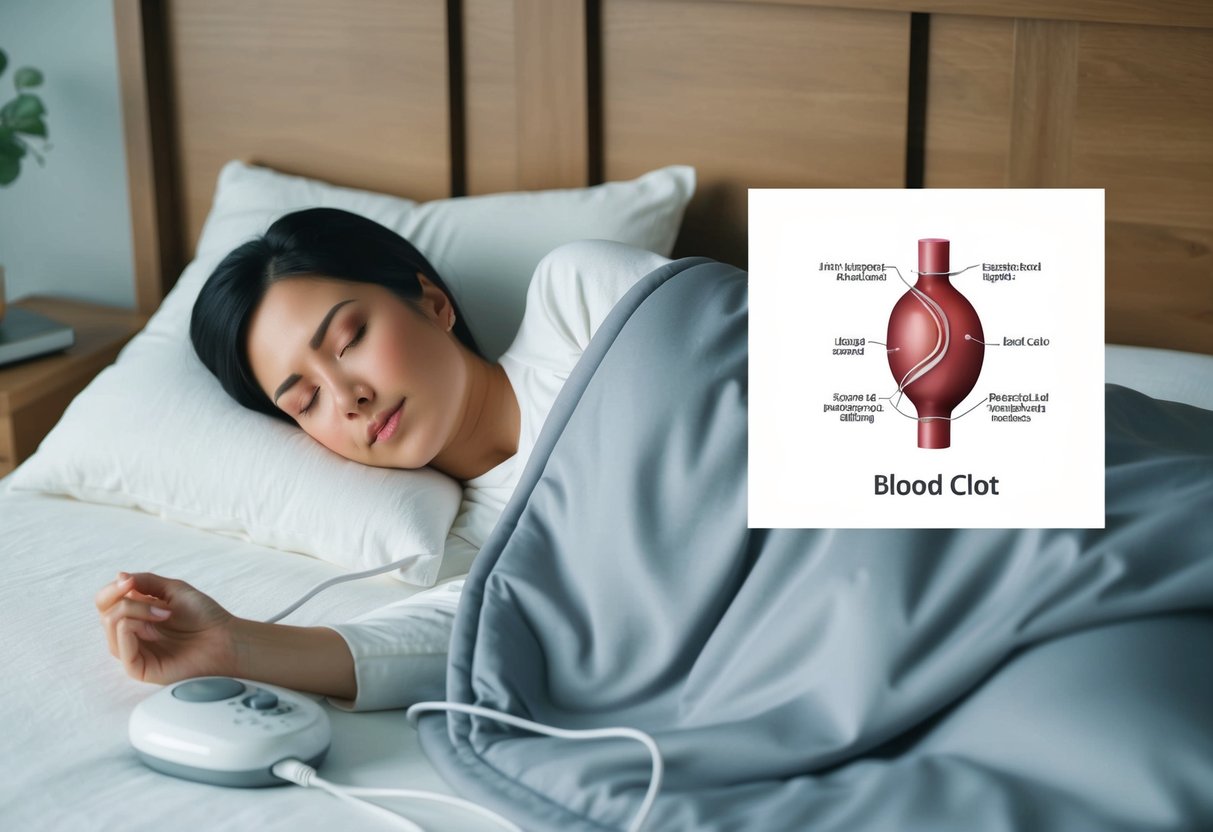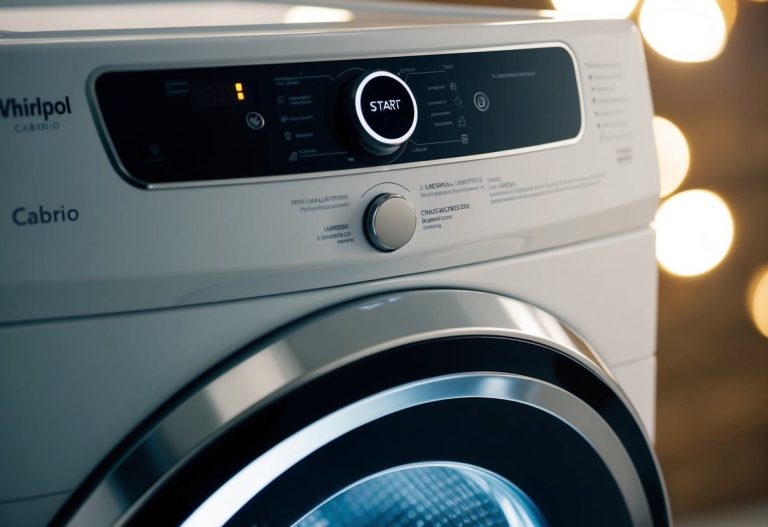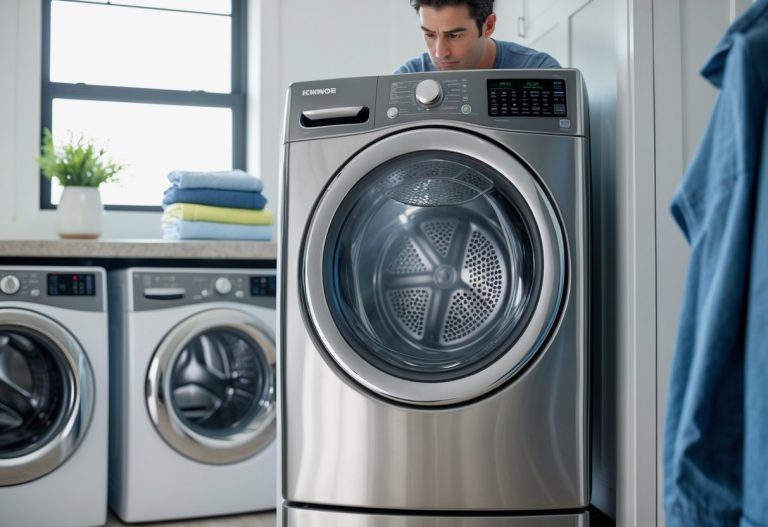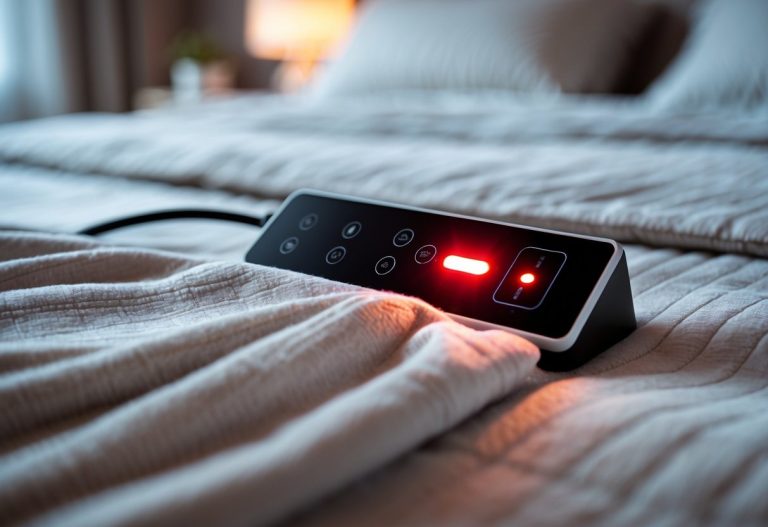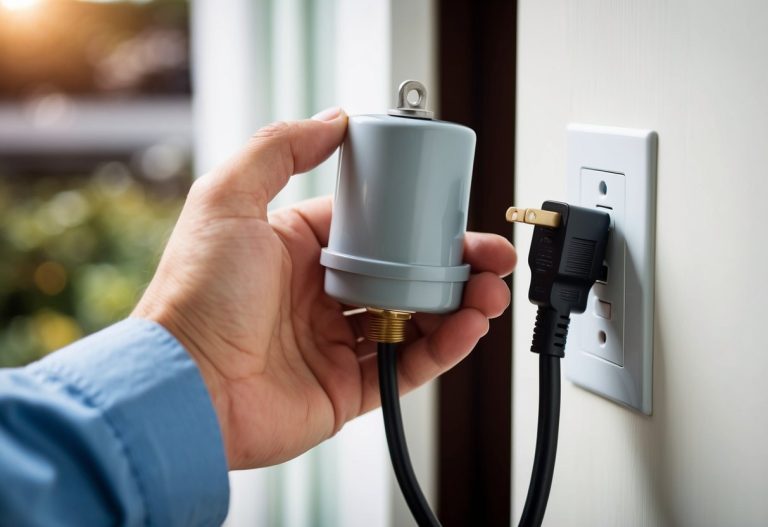You might wonder if using an electric blanket could cause blood clots. While electric blankets don’t directly cause blood clots, overheating and poor circulation from prolonged use might increase your risk.
This means it’s important to use them carefully and not for too long at a stretch.
If you have varicose veins or circulatory issues, heating pads and electric blankets could make your symptoms worse by slowing blood flow or putting pressure on certain areas. Knowing how to use them safely will help you stay cozy without harming your health.
Let’s explore how electric blankets affect your body and what you should watch out for.
Can Electric Blankets Cause Blood Clots?

Electric blankets warm your body by using controlled heat. This heat can affect your blood flow and skin, but whether it causes blood clots is a question many people have.
Understanding the blanket’s function and how heat impacts your circulation can help you make a safer choice.
Understanding How Electric Blankets Work
Electric blankets use thin wires inside the fabric to produce warmth when plugged in. You can usually adjust the temperature to keep it comfortable.
The heat spreads evenly across the blanket to warm your body safely. The warmth helps relax muscles and improve comfort, especially on cold nights.
However, the blankets should not be folded or used when wet, as this can cause overheating or damage. Proper use keeps the electric blanket safe for you.
Potential Effects of Heat on Circulation
Heat causes your blood vessels to widen, which can improve circulation in small ways. However, applying heat for long periods might cause skin irritation or dryness.
Too much warmth or improper use can sometimes limit blood flow in certain areas, but this does not directly lead to blood clots.
The main risks come from restricted movement or other health problems, not the blanket itself.
Scientific Evidence on Blood Clot Risks
Current research does not show a clear link between electric blankets and blood clots. No studies prove that these blankets cause clots in blood vessels.
That said, overheating or pressure from tight blankets might contribute to slower blood flow. But this is different from actually forming dangerous clots.
If you use the blanket as recommended, the risk remains very low.
Expert Opinions on Safety
Doctors say electric blankets are generally safe if used properly. They warn against overheating or using them on infants and people with poor circulation.
Experts suggest you avoid falling asleep with the blanket on high heat. They also recommend limiting the time you use it to prevent skin damage and discomfort.
Most specialists agree that electric blankets do not cause blood clots. Still, they remind you to stay active and avoid sitting or lying still for long periods when using the blanket.
Staying Safe with Electric Blankets

Using electric blankets can be safe if you follow some clear steps to keep your body at a comfortable temperature. Paying attention to your health and how you use the blanket will help you avoid problems like overheating or poor circulation.
Best Practices for Reducing Risk
Always avoid using an electric blanket for long periods without breaks. Turn it off once you’re warm enough to prevent your body from getting too hot.
Overheating can cause your blood to pool and slow down circulation, which could increase your risk of blood clots. Check your blanket regularly for damage or worn-out wires.
A faulty blanket can cause uneven heat or even electric shocks. Use blankets with an automatic shutoff feature or temperature control.
This helps keep heat at a safe level. Never fold or bunch your blanket when it’s plugged in, as this can cause overheating.
Make sure to follow the manufacturer’s instructions for use and care.
People with Underlying Health Conditions
If you have diabetes, poor circulation, varicose veins, or blood clot risks, you should be cautious with electric blankets. These conditions make your blood flow more sensitive to heat and pressure changes.
Pregnant women and infants should avoid electric blankets, as their bodies are more vulnerable to temperature changes. People with nerve damage might not feel overheating, which can lead to burns or injuries without warning.
Before using an electric blanket, talk to your doctor if you have any health concerns. They can help you decide if it’s safe for you and suggest alternatives if needed.
Tips for Safe and Comfortable Use
Set the blanket on a low or medium heat setting instead of the highest one. You want gentle warmth, not intense heat.
Use the blanket only to warm the bed before you get in. Turn it off while sleeping to avoid prolonged exposure to heat.
Don’t place heavy objects on the blanket. This pressure can block the heat and may cause the heating elements to overwork.
Make sure to keep the blanket flat and smooth for even heating.
Wash it according to instructions to maintain safety and cleanliness.
